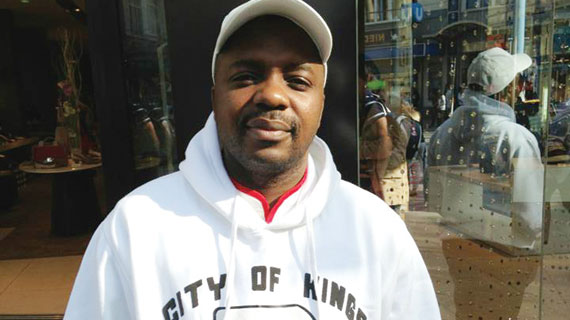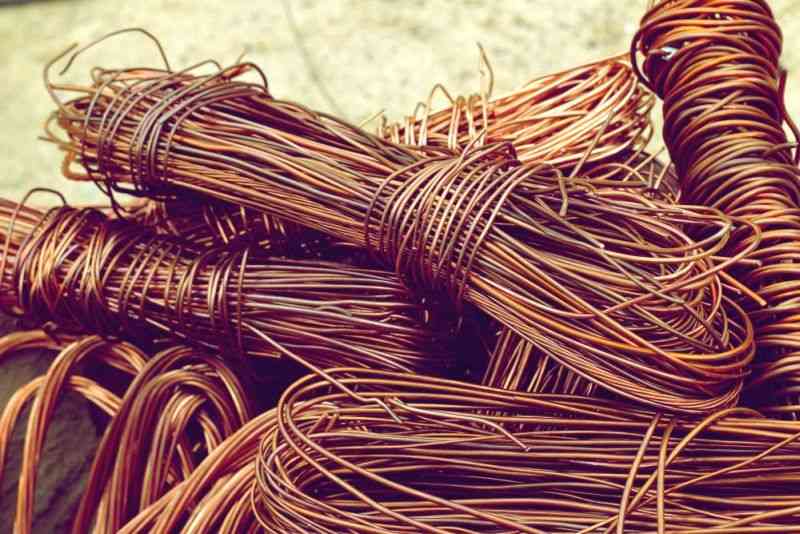
THE TALK of the times these days is NoViolet Bulawayo’s book entitled We Need New Names.
-Nkululeko INNOCENT DUBE
I have not read the book yet and I am itching to do so sooner than later.
Her title inspired me to think deep about arts and entertainment in general.
Of course we do not need new artistes even if new talent is welcome. We don’t need new arts scribes per se, but I think we need new ways of writing and reporting about arts and entertainment.
Most articles, most columns (mine included) show previews and reviews have just become so monotonous and stuck in one form so much that I doubt most people still read them with any enthusiasm.
Once you read one article then it’s just as good as you have read them all. I believe journalists and artistes are to blame for the redundancy in arts and entertainment journalism.
It seems there is a fixed template — a one size fits all sort of article presentation in the arts with some statements fast becoming clichés.
- Chamisa under fire over US$120K donation
- Mavhunga puts DeMbare into Chibuku quarterfinals
- Pension funds bet on Cabora Bassa oilfields
- Councils defy govt fire tender directive
Keep Reading
For how long shall any story written about Tuku sound like, “The legendary Oliver Mtukudzi of the Tozeza baba fame . . . did not disappoint”?
Why are all artistes and promoters always promising “fireworks”? Why does every musician release “a scorcher of an album”? Have we run out of superlatives and creative ways of expressing ourselves or has it just become a syndrome to use the same words and statements again and again?
I also think journalists need to attend shows and write about what they see.
Desktop and telephone journalism needs to go. Surely when you call an artiste who held a show or a promoter in any case and ask them how the show was how much truth are you bound to get?
They would probably say it was “a huge success” and then you would go on to write that “. . . he left the crowd begging for more . . .” Or the usual Monday report that goes something like, “ . . . the much-publicised show lived up to its billing . . . It was a mouth-watering performance, the crowd was mesmerised by the globe-trotting award winning, trailblazing artiste . . .”
These statements have become redundant clichés and you can almost predict how careful a journalist is trying to be because they are writing about a show that they never attended.
Of late there is one very popular headline in entertainment columns. It’s about a musician dating a venue or another.
It reads: “Macheso dates Esigodini”, “Betty Makaya dates Jeys Marabini”.
It sends out all sorts of connotations, but when you further dig into the article it’s just information to the effect that an artiste will play at the same venue or show with another.
That headline is in fashion these days, but I think it’s tired now, we need new headlines.
Entertainment photographers are no angels either when it comes to clichés in entertainment journalism.
I have always wondered why photographs of half-naked women and men get so much coverage and space in our publications.
After every show, papers are infested with X-rated revealing pictures of people, some in drunken stupor or completely passed out (comatose)at shows.
These photographs surely sell papers, but are they necessarily evidence that the show was a “huge success”?
Is the success of a show measured by how drunk people became and how much they lost their morals in the process?
In some cases there is just one picture of the artiste on stage and the rest depict “Sodom and Gomorrah”.
These pictures send out wrong messages to the same public we yearn for to fill up venues and gigs. We need new pictures.
Artistes and promoters also need to step up the kind of responses they give to questions asked by journalists.
We seem to have been born and raised and lived the same way as artistes. Our stories are all “rags to riches” stories. We all struggled in life, we faced hardship in recording until we met or were discovered by “So and So”.
I know we really try to highlight humble beginnings, but honestly it now feels like one artiste reborn each time a biography of a different one is published.
Maybe journalists need to rephrase the questions. Let’s do away with “So how did you start?”
If you ask Albert Nyathi or Cont Mhlanga how their careers started each time you interview them, it’s either you are not well researched or you belittle their history.
Would you ask Bob Marley that question (if he were still alive)? Let us go into interviews already armed with the background of the interviewee (artiste). That way you will diversify your questions because you know who you are talking to. Why does every artiste who is a hit have to answer the question, “What advice would you give to other upcoming artistes?”
The success of a song, a play or an album does not suddenly turn an artiste into a fundi or expert. We need new questions!
After all has been said and done artistes need journalists as much as they need them too.
Our relationship is that of the chicken and the egg. If the public should continue to enjoy our columns and articles on entertainment, then we need to rediscover ourselves all the time and master our craft for the benefit of everybody, producers and consumers of arts and entertainment alike.










